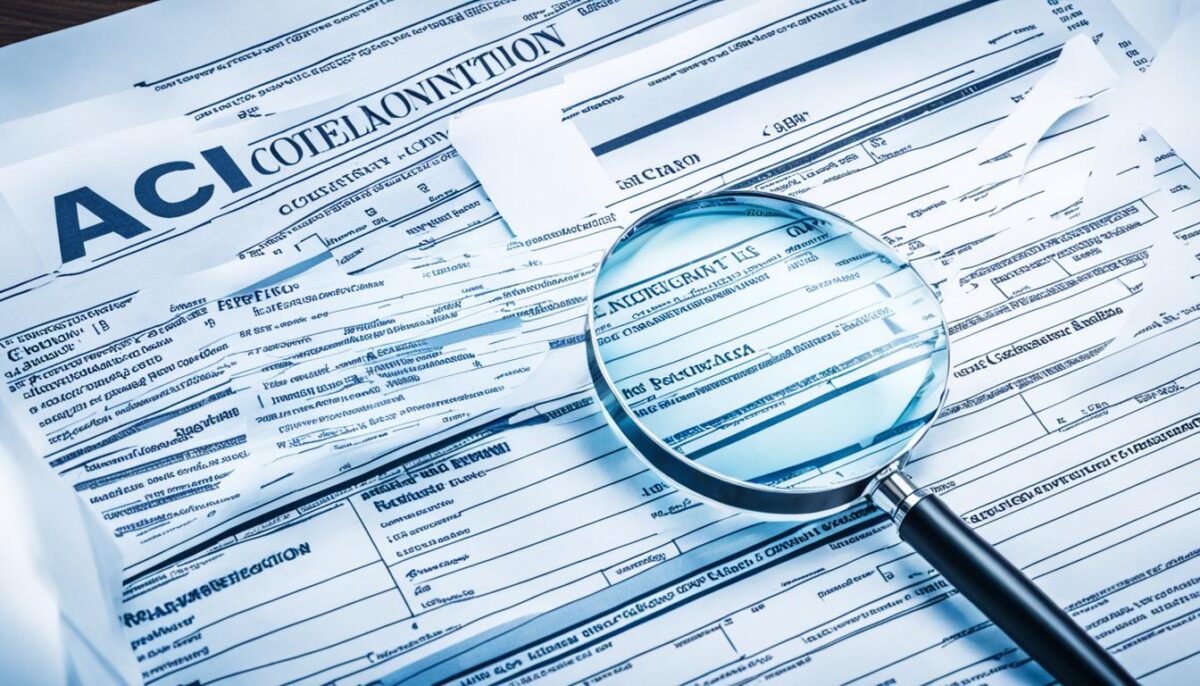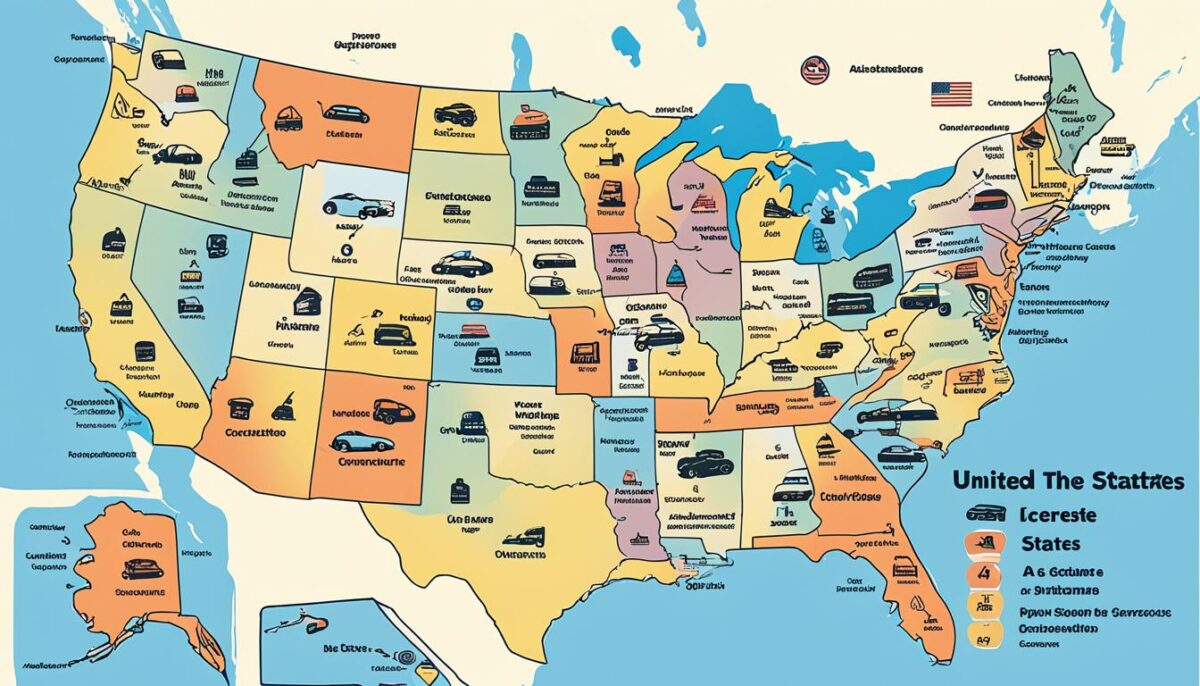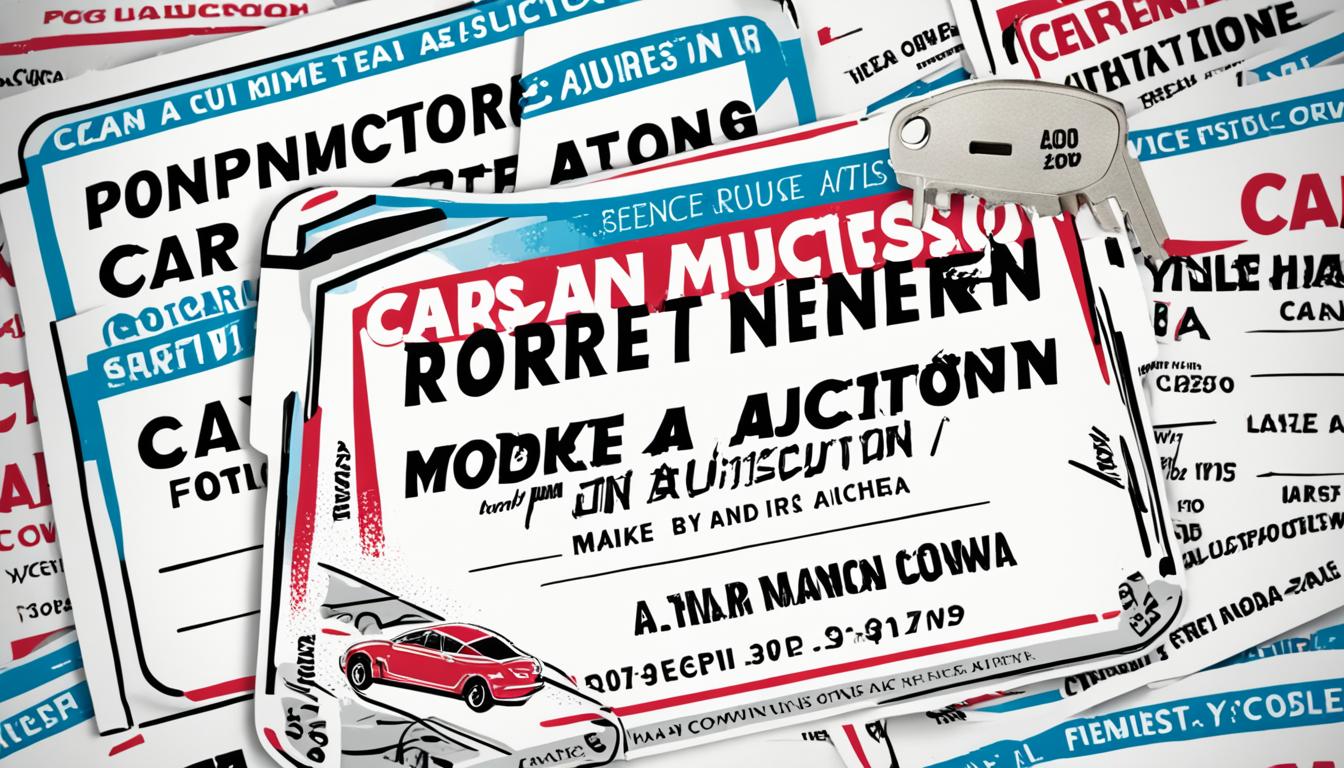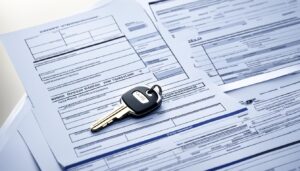In this comprehensive guide, we’ll walk you through the steps to obtain a car auction license and unlock the lucrative opportunities in the auto auction industry. Whether you’re a seasoned dealer or a newcomer, understanding the licensing process is crucial to legally participate in car auctions and maximize your profits.
The auto auction market is thriving, offering vast potential for savvy investors and dealers. By securing a car auction license, you’ll gain the necessary credentials to bid, purchase, and resell vehicles at wholesale prices, positioning yourself for success in this dynamic marketplace. In the following sections, we’ll explore the legal requirements, benefits, and state-by-state procedures for obtaining your auto auction license.
Understanding the Necessity of a Car Auction License
Before embarking on the journey of obtaining a car auction license, it’s crucial to understand the legal requirements and the tangible benefits it offers. The regulatory landscape surrounding car auctions is complex, with specific laws and regulations governing the industry in each state. By familiarizing ourselves with these guidelines, we can ensure compliance and unlock a world of opportunities.
Legal Requirements for Participating in Car Auctions
Across the United States, car auction participants are subject to a diverse set of regulations. These requirements often vary by state and may include the following:
- Business licenses and permits
- Specific licenses or certifications for auctioneers and bidders
- Compliance with sales tax and reporting obligations
- Adherence to consumer protection laws and regulations
Navigating these legal complexities is essential for anyone seeking to participate in car auctions, whether as a buyer, seller, or auctioneer. Failing to comply with the applicable laws and regulations can result in hefty fines, legal penalties, and even the inability to engage in auction activities.
Benefits of Holding a Valid Car Auction License
Obtaining a car auction license offers a multitude of advantages for those involved in the industry. Some of the key benefits include:
- Access to wholesale vehicle pricing: With a valid license, you can gain access to the wholesale market, allowing you to source vehicles at significantly lower prices compared to retail.
- Increased buyer and seller trust: A licensed car auction participant is viewed as a reputable and trustworthy professional, instilling confidence in both buyers and sellers.
- Ability to participate in a wider range of auction events: Many car auction houses and platforms require a valid license for participation, opening up more opportunities for buyers and sellers.
By understanding the legal requirements and the potential benefits, aspiring car auction participants can make informed decisions and position themselves for success in this dynamic industry.

“Obtaining a car auction license is a crucial step for anyone looking to participate in the thriving car auction market. It not only ensures compliance with the law but also unlocks a world of advantages that can propel your business forward.”
Get Car Auction License: State-by-State Licensing Procedures
Navigating the process of obtaining a car auction license can be a complex endeavor, as the requirements can vary significantly depending on your state or local jurisdiction. In this section, we’ll provide a comprehensive overview of the state-by-state licensing procedures, outlining the specific steps, documentation, and criteria you’ll need to follow to secure your car auction license.
The car auction license application process often begins with the identification of the relevant state or local authorities responsible for issuing these licenses. Depending on your location, the licensing body could be a state agency, a county or city government, or a combination of these entities. It’s crucial to research and understand the specific requirements and regulations set forth by your state or local jurisdiction.
Common State-Level Licensing Procedures
While the specifics may differ across states, there are some common elements in the car auction license application process that you can expect to encounter:
- Completing a formal application form, which may require detailed information about your business, ownership structure, and prior experience in the industry.
- Submitting a comprehensive business plan that outlines your proposed car auction operations, including your target market, marketing strategies, and financial projections.
- Providing proof of financial stability, such as bank statements, tax returns, or a surety bond, to demonstrate your ability to operate a car auction business.
- Undergoing a background check to ensure that you and any key personnel have a clean criminal and financial history.
- Obtaining the necessary licenses, permits, and insurance coverage required for your car auction business, which may vary by state.
- Paying the applicable application fees, which can range from a few hundred to several thousand dollars, depending on your state’s requirements.
It’s important to note that the specific requirements and procedures for obtaining a car auction license can vary considerably from state to state. We recommend thoroughly researching the regulations in your state or local jurisdiction to ensure that you fully understand and comply with all the necessary steps and documentation requirements.

“Navigating the state-by-state car auction licensing process can be a daunting task, but it’s essential for ensuring the legality and legitimacy of your car auction business. By understanding and adhering to the specific requirements in your jurisdiction, you can set yourself up for success in this competitive industry.”
Eligibility Criteria and Application Process
Obtaining a car auction license requires meeting specific eligibility criteria and navigating a comprehensive application process. First and foremost, you’ll need to ensure that you possess the necessary educational background or relevant industry experience. Depending on your state’s regulations, this may involve a high school diploma, relevant college coursework, or a proven track record in the automotive or auctioneering fields.
Documentation and Fees Involved
The application process typically involves submitting a range of documentation, including personal identification, proof of your business structure (if applicable), and a detailed resume highlighting your qualifications. Additionally, you’ll need to be prepared to pay the requisite licensing fees, which can vary significantly by state. These fees often cover the administrative costs associated with processing your application and conducting the necessary background checks to ensure compliance with local regulations.
By familiarizing yourself with the eligibility requirements and the application process upfront, you can take the necessary steps to successfully obtain your car auction license and embark on your journey in this dynamic industry.




